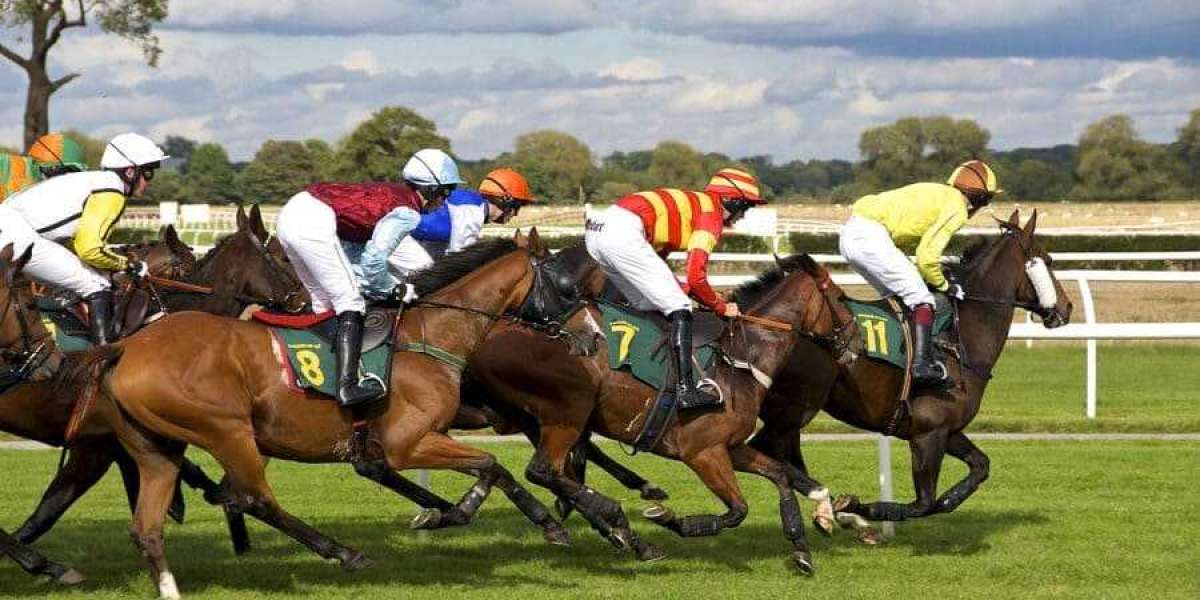A polyester yarn supplier does more than distribute fibers—it bridges innovation and practicality, ensuring industries receive materials tailored to evolving demands. While factories handle production, suppliers play a critical role in connecting manufacturers with high-performance polyester yarn, a synthetic marvel known for its durability, affordability, and adaptability. As global demand surges, suppliers are increasingly vital in maintaining seamless supply chains and driving sustainable advancements.
Why Polyester Yarn? Key Attributes
Polyester yarn’s popularity stems from its unmatched properties:
- Strength and Longevity: Resistant to wear, stretching, and chemicals.
- Versatility: Customizable for fineness, texture, and functionality (e.g., moisture-wicking, UV resistance).
- Cost Efficiency: Cheaper to produce than natural fibers like cotton or wool. Suppliers often enhance these traits through specialized treatments, such as flame retardancy or antimicrobial coatings, to meet niche industry needs.
Applications Driving Demand
Polyester yarn’s adaptability makes it indispensable across sectors:
- Fashion: Used in activewear, outerwear, and blends for wrinkle-free apparel.
- Home Textiles: Ideal for carpets, curtains, and upholstery due to color retention.
- Industrial: Reinforces tires, conveyor belts, and safety equipment. Leading suppliers cater to diverse markets by offering yarn in varying deniers, recycled options (rPET), and biodegradable blends.
l The Supplier’s Role in Sustainability
- As industries prioritize eco-friendly practices, top polyester yarn suppliers are pivoting to greener solutions:
- Recycled Yarn: Transforming post-consumer plastic waste into rPET fibers.
- Low-Impact Production: Adopting energy-efficient processes and waterless dyeing.
- Certifications: Providing GRS (Global Recycled Standard) or OEKO-TEX® certified products. These efforts help brands meet regulatory requirements and consumer expectations for sustainability.
Choosing the Right Supplier
Key factors to consider when selecting a polyester yarn supplier include:
- Quality Consistency: Ensuring batch-to-batch uniformity for large orders.
- Customization: Ability to tweak fiber properties for specific applications.
- Transparency: Clear communication about sourcing, production ethics, and environmental impact.
- Logistics: Reliable delivery networks to minimize delays.
Trends Reshaping the Industry
- Circular Economy: Growth in recycled and biodegradable polyester yarn.
- Smart Textiles: Integration of conductive fibers for wearable tech.
- Digital Sourcing: Platforms enabling real-time inventory tracking and bulk ordering.
From recycled options to high-tenacity industrial yarns, their platform connects buyers with suppliers that align with quality, sustainability, and scalability goals. Explore xingfatex.com to source polyester yarn that powers tomorrow’s textiles.








